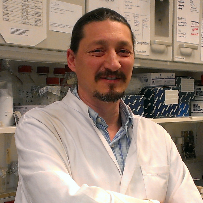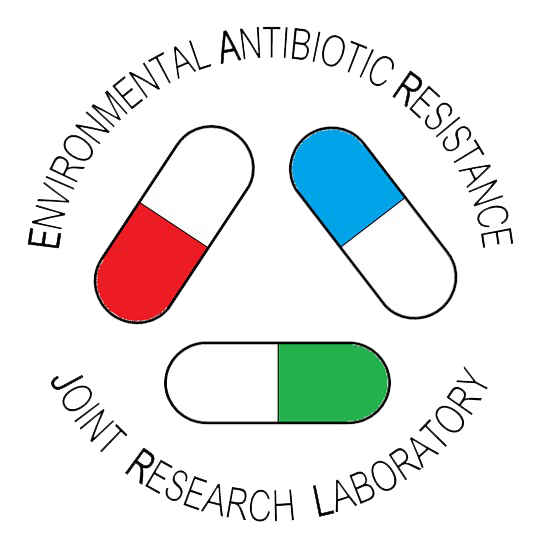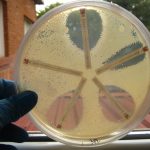Joint Research Laboratory on ENVIRONMENTAL ANTIBIOTIC RESISTANCE
The main objective of the Joint Research Lab on ENVIRONMENTAL ANTIBIOTIC RESISTANCE is to promote and lead scientific research and knowledge transfer on the increase of antibiotic resistance and the risk it poses to environmental and human health.
In this context and within this JRL, research groups from the Basque Science and Technology Network participate: Neiker-Tecnalia, BC3 and different research groups from the UPV/EHU. All of them will contribute their experience and scientific interests to offer holistic solutions to a problem that transversally affects human health and environmental well-being.
ENVIRONMENT
The environment is the reservoir of antibiotic resistance genes and plays a crucial role in the spread of antibiotic resistance among bacteria.
ANIMAL HEALTH
The problem of antibiotic resistance needs an approach that considers animal health as well as human health.

CLINIC
According to the WHO, antibiotic resistance is one of the greatest threats to human health, economic sustainability of health care systems, food security and socio-economic development.
MULTI-RESISTANT BACTERIA
Some pathogenic bacteria show simultaneous resistance to many or even all known antibiotics: multi-resistant and pan-resistant bacteria, respectively. These are the “superbugs”.
OPINIONES EXPERTAS



Departamento de Bioquímica y Biología Molecular
Facultad de Ciencia y Tecnología
Universidad del País Vasco/Euskal Herriko Unibertsitatea (UPV/EHU)
Barrio Sarriena s/n
48960 Leioa, Bizkaia, España
- Teléfono: +34 94 601 2568
- jrlearesistance@gmail.com
- Coordinadora: Dra. Itziar Alkorta Calvo












